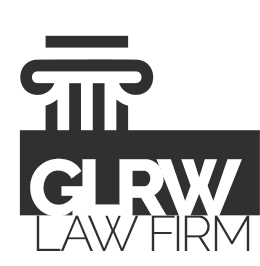
15 Jul What can a New Jersey Landlord do with a Tenant’s Personal Property according to the Abandoned Property Act N.J.S.A. 2A:18-72?
When tenants vacate a property, they sometimes leave behind more than memories—a variety of personal belongings can end up abandoned. In New Jersey, the handling of such items is not left to chance or landlord discretion. The Abandoned Property Act, N.J.S.A. 2A:18-72, specifically guides landlords through the legally acceptable steps to take, ensuring both the protection of tenant rights and the rights of property owners.
Understanding the Abandoned Property Act in New Jersey
New Jersey’s Abandoned Property Act lays the foundation for how landlords must deal with the personal property tenants leave behind. This legislation is designed to balance the interests of landlords seeking to clear their property for new occupants with the rights of tenants to reclaim their possessions. Landlords are mandated to provide proper notice and wait a specific period before taking action, ensuring fairness in what can often be a sensitive situation.
The specification of what constitutes ‘abandoned property’ under the act is key to its application. Generally, items left behind after the lease has formally ended and the premises vacated, without any communication from the tenant indicating their intent to retrieve these items, can be considered abandoned. However, the act also outlines exceptions and provides a framework for determining the value and handling of different types of property.
Steps a Landlord Must Take Before Disposing of Tenant’s Personal Property
Before a landlord can dispose of or sell a tenant’s abandoned personal property, they are required to follow a series of legal steps. First and foremost is the need to provide written notice to the tenant and any known contacts. This notice must detail the items left behind, where they are stored, and how the tenant can retrieve them. It also must outline the timeframe the tenant has to claim their property—usually 30 days—and the consequences of not doing so.
Types of Properties Covered Under N.J.S.A. 2A:18-72
The scope of properties covered under this act is broad, encompassing a variety of personal belongings from furniture and electronics to personal documents and clothing. Notably, the act categorizes property into different types, each subject to specific handling requirements. For example, highly personal items like photographs or documents may have different rules compared to furniture or appliances.
Landlords must exercise particular care when dealing with valuable items or those with sentimental value. The act provides guidelines on determining the value of items and stipulates special handling for property that could be considered irreplaceable personal keepsakes.
Limitations and Obligations of Landlords
Despite the authority granted by N.J.S.A. 2A:18-72, landlords face significant limitations and obligations in the handling of abandoned personal properties. Landlords are prohibited from prematurely removing, selling, or disposing of tenants’ property, and they must take due care in storing items during the notice period. Moreover, any proceeds from the sale of abandoned property exceeding storage and sale costs must be turned over to the New Jersey Treasurer, underscoring the act’s goal of protecting tenants’ property rights.
In addition to these constraints, the act imposes stringent record-keeping requirements on landlords. Detailed records of the stored property, notices sent to tenants, and any transactions related to the abandoned property must be maintained. This documentation is crucial for landlords to protect themselves from potential claims or disputes regarding the handling of the property.
Legal Remedies for Tenants
Tenants whose personal property has been handled improperly according to the Abandoned Property Act have several legal remedies at their disposal. They can seek compensation for the loss of property and, in cases of egregious violation of the act by a landlord, may be entitled to punitive damages. The act serves as a safeguard for tenants, ensuring their belongings are not arbitrarily disposed of and providing a recourse in the event of a landlord’s non-compliance.
Navigating Tenant Property with Confidence
The Abandoned Property Act is a crucial aspect of New Jersey’s landlord-tenant law, providing a balanced framework that respects the rights of tenants while giving landlords clear guidelines on how to deal with abandoned personal property. By adhering to the stipulations of N.J.S.A. 2A:18-72, landlords can navigate the often murky waters of handling tenants’ belongings with confidence, avoiding potential legal pitfalls and fostering a fair, respectful renting environment.




Sorry, the comment form is closed at this time.